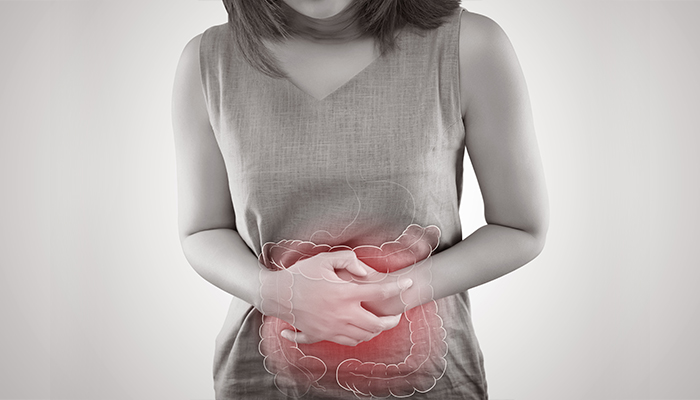Irritable Bowel Syndrome (IBS) is a common gastrointestinal (GI) illness associated with the large intestine. It is a discomforting illness that can be embarrassing to its victims. Some of the discomforts include diarrhoea, cramps, bloating, and constipation.
Research has shown that at least one in every five persons in the UK will experience IBS at some point in their lifetime. This means about 20% of people in the UK have IBS. It is more common in young people, especially women.
Who Could Get IBS?
IBS affects everyone. However, medical history has shown that women are more likely to be affected by it than men. According to a 2007 medical report, women are affected by IBS largely due to hormonal fluctuations, psychological factors, gender role, stress response, and sex-related response to visceral stimuli. IBS treatment focuses on treating the symptoms. Also, it is more common among families with a history of IBS.
Causes
Actual causes of IBS are still generally unknown. However, doctors understand that it is a result of a miscommunication between the brain and the gut. Some factors that might cause IBS include:
- Digestive Tract Contractions – the muscles in the digestive tract contract and relax as food travels through them. Strong contractions can cause diarrhoea, while weak contractions can cause dry stools.
- Inflammation or Infection – bacteria inside the stomach lining can sometimes cause abdominal pains.
- Stress
- Constantly eating large meals and not exercising
Symptoms
Part of its mystery is the fact that not everyone has the same symptoms. Although doctors can treat the symptoms to ease the discomfort. Common symptoms include:
- Cramps
- Boating
- Abdominal pain
- Passing gas
- Mucus in faeces
- Diarrhoea and constipation
While some people may have only cramps and bloating, others could have diarrhoea, bloating, cramps and abdominal pains all at once.
Triggers
As mentioned in the 2007 report, common triggers for women include stress, hormones, and, of course, food. Food is a usual suspect since some people are allergic to certain foods such as dairy products, acidic foods, carbonated drinks, and nuts.
Diagnosis
There are no definitive tests to diagnose IBS conclusively. The only way to identify it is by observing the symptoms and taking educated guesses. Common tests being administered include:
- Blood and stool sample
- Physical exams and a review of family history
- C-Reactive Protein (CRP) test
Guy’s and St. Thomas’ Private Healthcare has a dedicated unit for GI and colorectal diseases. The hospital is renowned for treating complex cases successfully.
Treatment & Prevention
Treating IBS is not aggressive. Typically, it only requires a change in lifestyle. They include:
- Watching (or changing) your diet – eating healthier foods that are high in fibre
- Eating select fruits and gluten-free foods
- Taking plenty of water daily
- Exercising more
- Counselling and therapy
- Prescribed medicine
- Gastrointestinal surgery – worst case scenario
Today, more research is being conducted to better understand IBS, GI, and other diseases better. Live a healthy lifestyle to reduce the risk of IBS. And once you feel any of the symptoms mentioned above, ensure that you consult a doctor immediately.
To read more on topics like this, check out the health category.

Leave a Reply